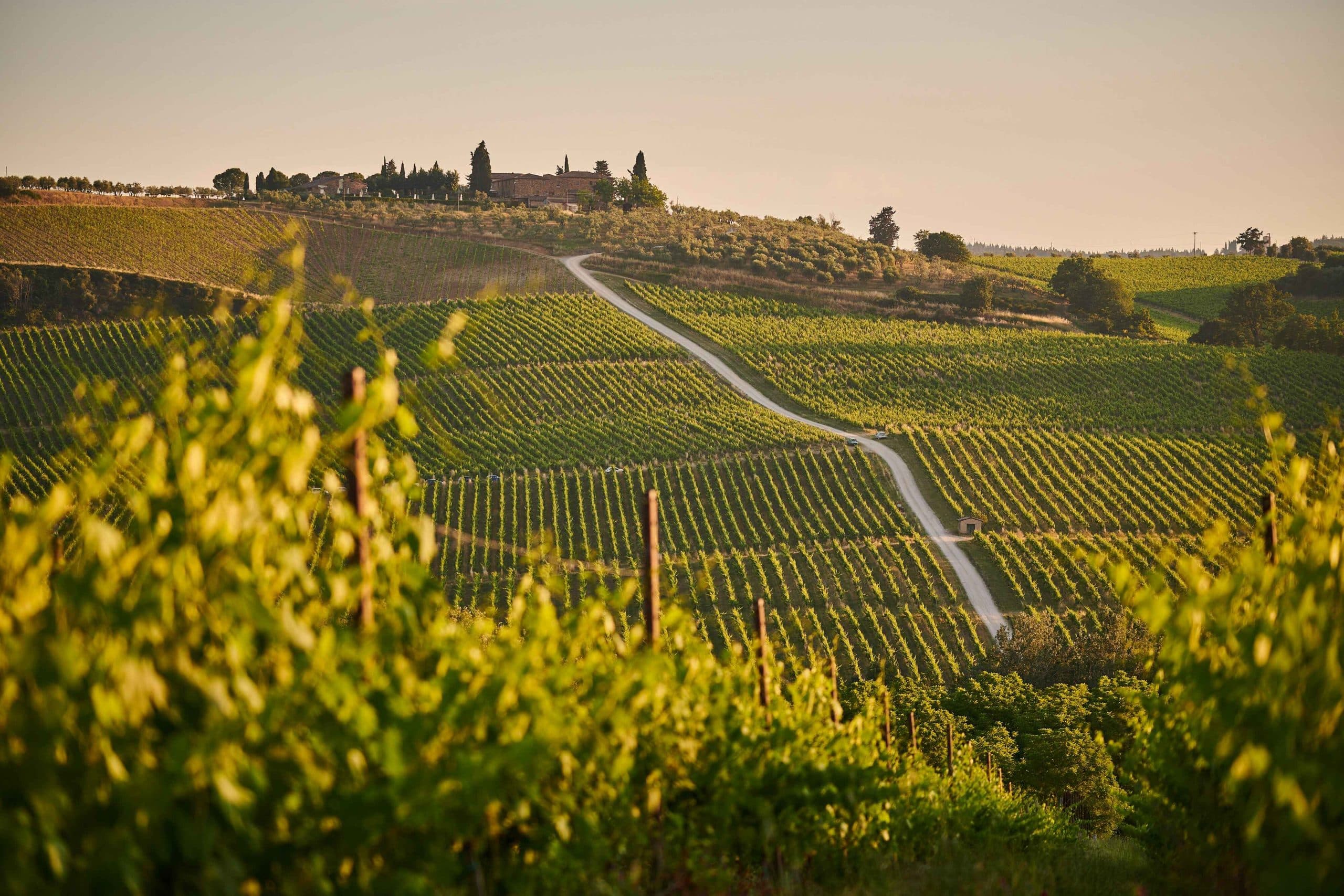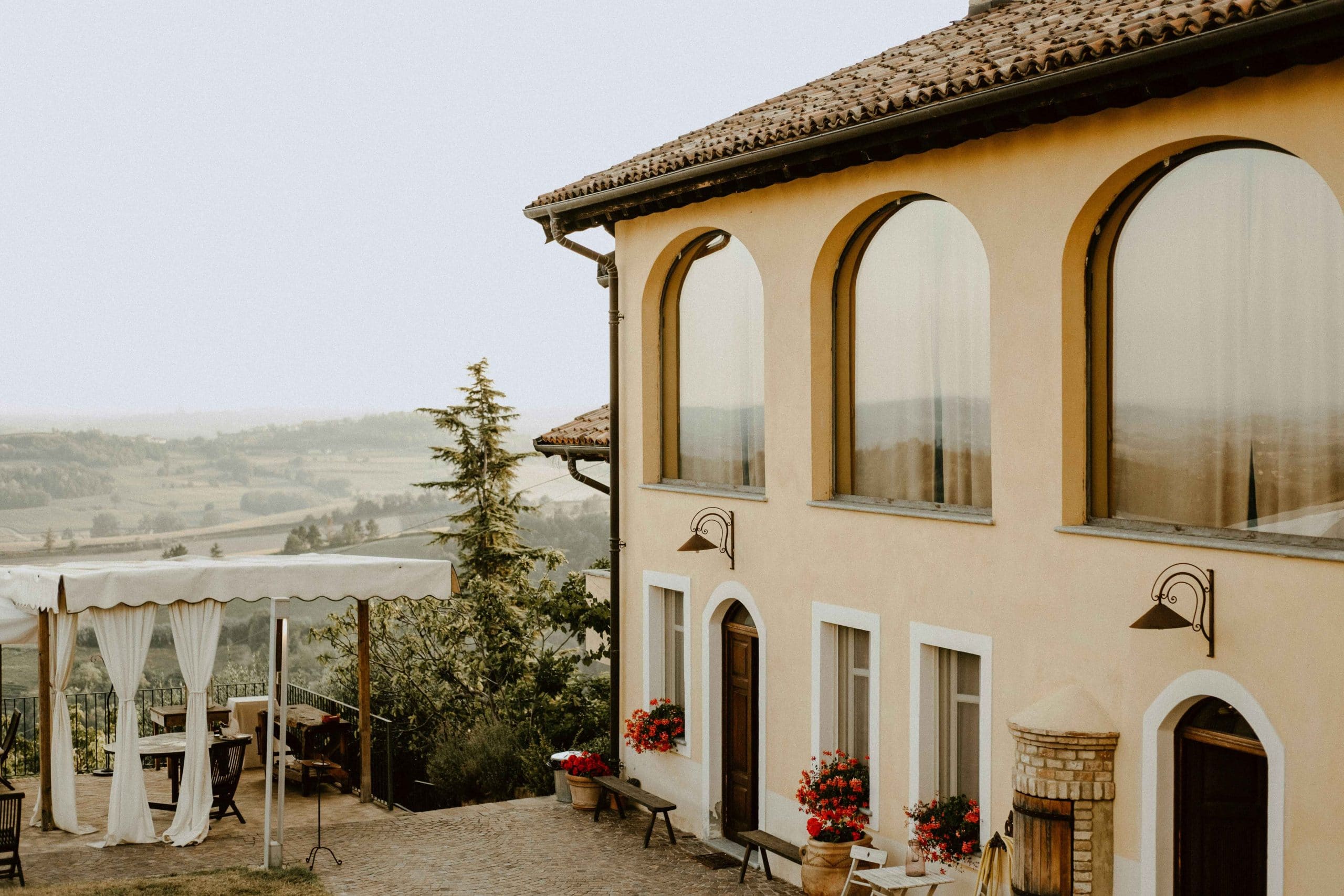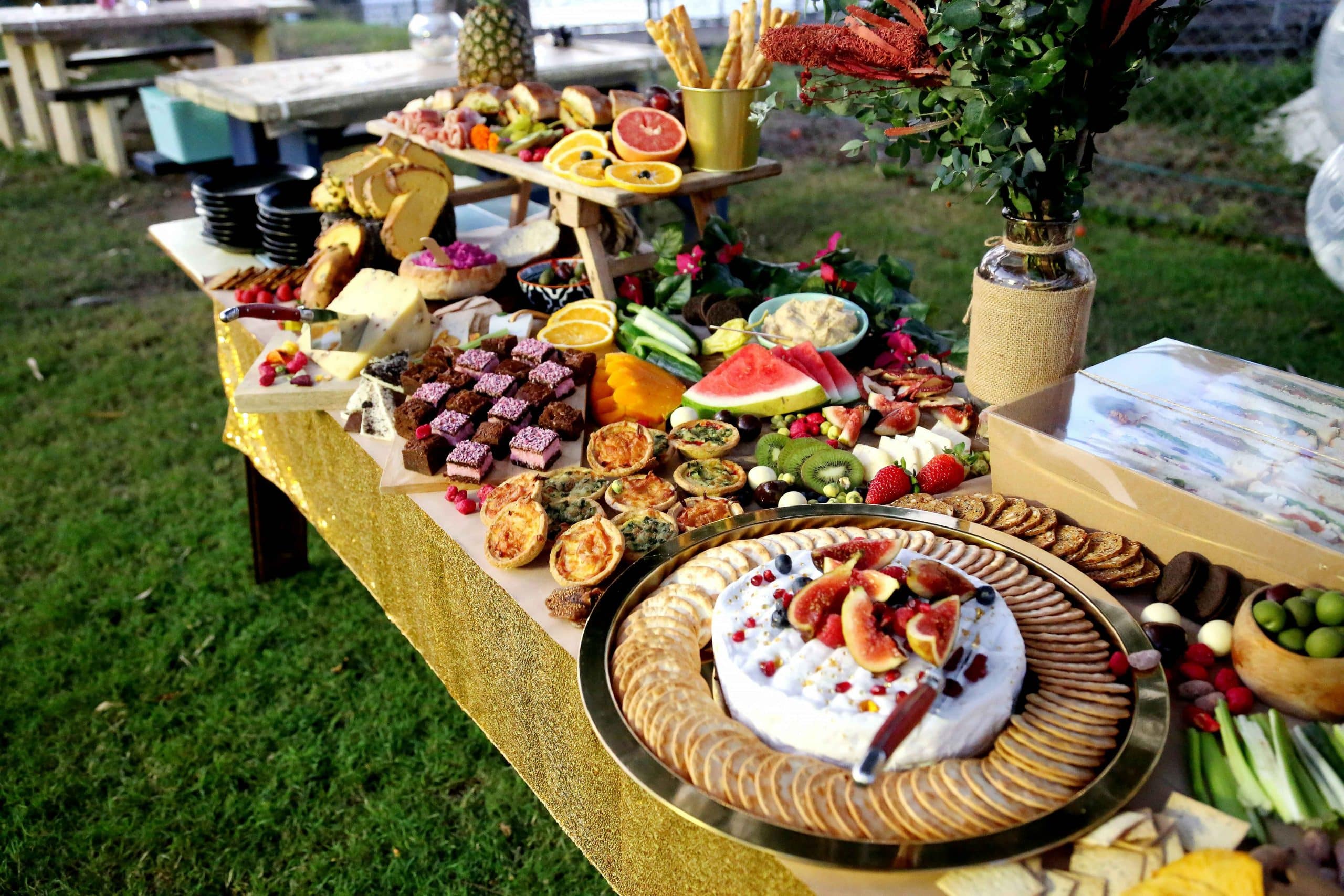Planning a wedding in Tuscany is a dream for many couples, but turning that dream into reality requires careful organisation. From understanding the best time of year to selecting a venue and ensuring legal requirements are met, every decision contributes to a seamless experience. With thoughtful preparation, a Tuscan wedding becomes not only a ceremony but a celebration of culture, tradition, and romance.
Choosing the Right Season
Tuscany offers different experiences depending on the time of year, and selecting the right season is one of the most important first steps. Spring and early autumn are popular for their mild weather, colourful landscapes, and golden light that makes photographs truly special. Summer weddings often take advantage of vineyard backdrops and long evenings under the stars, though couples should prepare for higher temperatures and greater demand for venues. Winter celebrations, on the other hand, are suited to intimate indoor settings, such as historic villas or cosy farmhouses with fireplaces, offering a warm and atmospheric charm. Couples should also consider seasonal availability of local flowers, produce, and wines, which can add authentic touches to the celebration and connect the event with the rhythm of Tuscan life.
Selecting the Venue
The choice of venue sets the tone for the entire celebration. Couples may choose between rustic farmhouses surrounded by olive groves, luxury villas with manicured gardens, or historic castles that bring a sense of grandeur to the occasion. Each option offers a distinct atmosphere – romantic, elegant, or rustic-chic – and reflects different facets of Tuscany’s identity. Proximity to airports or major cities may also influence the decision, especially if guests are travelling from abroad and require easy access.
An appropriately chosen and experienced wedding planner (as https://www.weddingsintuscany.co.uk/) can be particularly valuable in this stage. Having worked with local venues over many years, planners often know which places combine reliability with beauty and can recommend trusted locations that fit a couple’s vision and budget. This insider knowledge not only saves time but also ensures that the chosen venue meets both aesthetic and practical needs.

Managing Legal Requirements
Foreign couples often need detailed guidance with marriage documentation in Italy. Requirements vary depending on nationality, type of ceremony, and municipality, which can make the process complex. Civil weddings may require authenticated translations, religious ceremonies involve specific church approvals, and symbolic ceremonies have their own considerations. Experienced planners ensure that all paperwork is prepared correctly and submitted on time. Without proper support, navigating these legalities can be stressful, as missing or incorrect documents may delay or even prevent a ceremony from being legally recognised. Having a local expert manage this part of the process allows couples to focus on the more joyful aspects of planning.
Curating the Guest Experience
Travel logistics are another crucial element that can greatly affect how guests remember the wedding. Many couples arrange group transport from airports or nearby cities, ensuring a smooth arrival for international visitors. Professional planners can also suggest local activities such as wine tours in Chianti, cooking classes with traditional recipes, or visits to Florence’s museums and galleries. These experiences allow guests to enjoy Tuscany beyond the wedding day and turn their trip into a memorable holiday. Providing guests with an itinerary or welcome package that includes maps, dining recommendations, and cultural highlights helps them make the most of their stay and feel appreciated.

Budgeting and Priorities
An important step that is often overlooked is setting clear priorities before diving into bookings. In Tuscany, costs vary widely depending on the venue, catering, and season. Couples who define what matters most—whether it’s exceptional food, elegant décor, or live entertainment—can make informed decisions without overspending. Budget planning also involves considering hidden expenses such as transportation, accommodation for guests, or additional permits for outdoor events. Professional planners play an important role here as well, helping couples strike a balance between their dream vision and realistic financial boundaries. This ensures the wedding feels indulgent without creating unnecessary stress.
Final Thoughts
Planning a wedding in Tuscany involves more than choosing a beautiful backdrop—it requires careful coordination of legal, cultural, and logistical details. With expert support, couples can focus on creating memories while leaving the complexities to professionals. Tuscany offers not just a wedding location but a holistic experience that reflects romance, tradition, and the art of celebration. By paying attention to season, venue, paperwork, guest experience, and budgeting, couples can turn their dream of a Tuscan wedding into a joyous and unforgettable reality.





